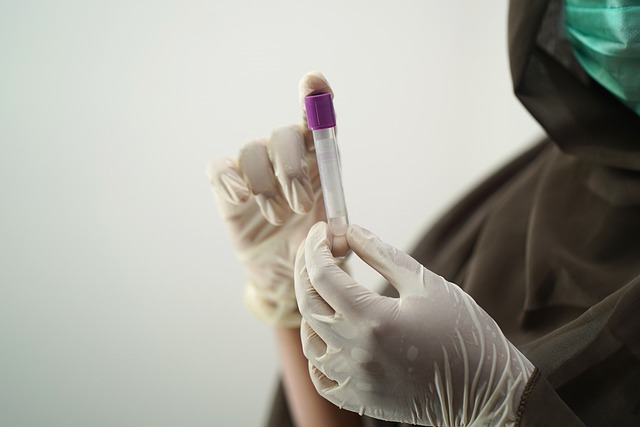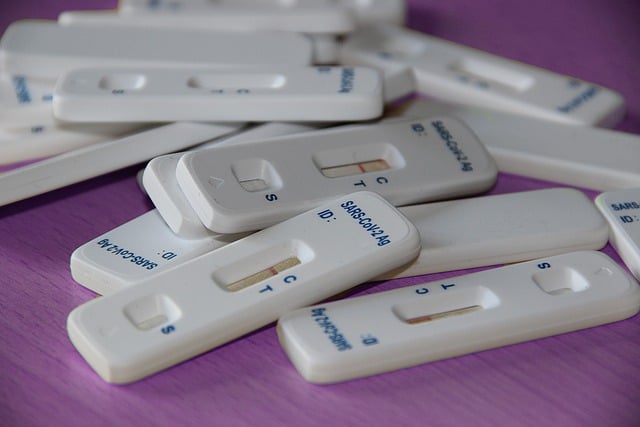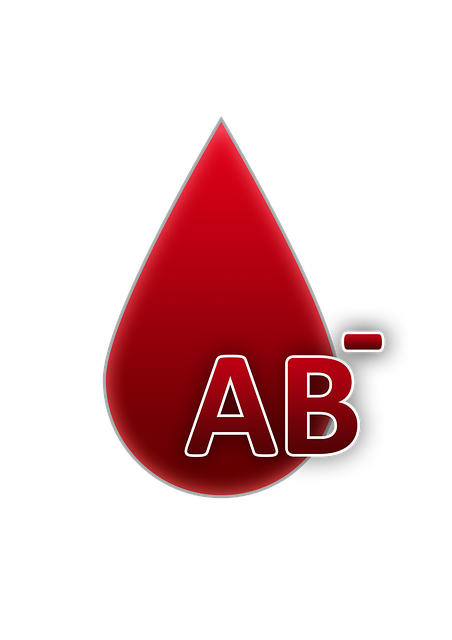The article provides detailed information on iron deficiency anemia and its diagnosis within the UK's healthcare system. It emphasizes the role of advanced thyroid blood tests, including the Advanced Thyroid Blood Test UK, which assesses both thyroid function and iron status by measuring hormones like TSH and FT4 alongside ferritin levels. Ferritin is highlighted for its dual role in indicating iron reserves and inflammation. The test's comprehensive nature ensures precise diagnosis, enabling healthcare providers to offer personalized treatment plans for conditions such as iron deficiency anemia, which can lead to fatigue and other health issues if left undetected. Early intervention is critical due to the potential complications associated with this condition. By integrating these tests into routine healthcare practices, the UK's approach facilitates effective monitoring and treatment, emphasizing the importance of the Advanced Thyroid Blood Test UK in optimizing patient care and enhancing health outcomes.
Iron deficiency anemia is a prevalent health concern, often detected through routine blood tests. In the UK, an advanced thyroid blood test plays a pivotal role in diagnosing this condition early. This article delves into the significance of these tests and how they can interpret your iron levels accurately. Understanding the intricacies behind these diagnostic measures empowers individuals to take proactive steps towards their health. Join us as we explore the critical intersection of medical diagnostics and personal health management through the lens of the advanced thyroid blood test available in the UK.
- Understanding Iron Deficiency Anemia: The Role of Blood Tests in Diagnosis
- The Process and Significance of an Advanced Thyroid Blood Test in the UK for Detecting Iron Deficiency Anemia
- Interpreting Your Blood Test Results: What Do They Mean for Your Iron Levels?
Understanding Iron Deficiency Anemia: The Role of Blood Tests in Diagnosis

Iron deficiency anemia is a prevalent condition characterized by insufficient iron stores, leading to a decrease in red blood cell production and a subsequent fall in hemoglobin levels. This can result in symptoms such as fatigue, pallor, weakness, and shortness of breath. Early detection and management of iron deficiency anemia are crucial for maintaining overall health and well-being. In the UK, healthcare professionals often utilize advanced thyroid blood tests as part of a comprehensive diagnostic approach to assess iron status effectively. These tests measure key parameters including serum ferritin, serum iron, transferrin saturation, and total iron-binding capacity. Ferritin, an acute phase protein, is particularly useful as it reflects both iron stores and inflammation; however, it can be elevated in non-iron deficiency states due to inflammation or infection. Therefore, a combination of these tests provides a more accurate picture of iron metabolism. The ZRT Advanced Thyroid Blood Test UK, for instance, offers an extensive profile that includes measurements of thyroid hormones and relevant nutrients like iron, which are integral to the function of the thyroid gland. This holistic approach ensures that healthcare providers can diagnose iron deficiency anemia with precision, tailor treatment plans according to individual needs, and monitor the progress effectively, thereby optimizing patient outcomes.
The Process and Significance of an Advanced Thyroid Blood Test in the UK for Detecting Iron Deficiency Anemia

In the United Kingdom, the detection of iron deficiency anemia often begins with an advanced thyroid blood test, which is a critical diagnostic tool for assessing both thyroid function and iron status. This comprehensive test measures various parameters including thyroid-stimulating hormone (TSH), free thyroxine (FT4), and ferritin levels. The ferritin measurement is particularly significant as it serves as an indicator of the body’s iron stores, helping to determine whether an individual is at risk of or suffering from iron deficiency anemia. The process involves a simple blood draw, which is then analysed in a laboratory equipped to detect minute variations in hormone and iron levels. The advanced thyroid blood test is pivotal as it not only provides a clear picture of thyroid health but also aids in the early identification of iron deficiency, allowing for timely intervention and management. This dual functionality makes it an indispensable diagnostic modality within the UK’s healthcare system, ensuring patients receive accurate diagnoses and appropriate treatment.
The significance of the advanced thyroid blood test in the context of iron deficiency anemia detection lies in its ability to detect subclinical abnormalities that may otherwise go unnoticed. Iron deficiency can lead to a range of health issues, including fatigue, weakness, and cognitive dysfunction. Early diagnosis is key to preventing these complications. The test’s thorough analysis of thyroid hormones is crucial for the management of thyroid disorders such as hypothyroidism or hyperthyroidism, which can coexist with iron deficiency anemia. In the UK, where public health and precise diagnostics are a priority, this advanced blood test is instrumental in maintaining the well-being of individuals by ensuring that any deviations from normal iron and thyroid levels are identified promptly and effectively.
Interpreting Your Blood Test Results: What Do They Mean for Your Iron Levels?

When it comes to iron deficiency anemia detection, blood tests play a pivotal role in diagnosing and monitoring the condition. One of the most telling indicators of iron levels is the ferritin test, which measures the amount of stored iron in the body. A low ferritin level often suggests iron deficiency. The hemoglobin and hematocrit tests assess the oxygen-carrying capacity of your blood and can indicate anemia if values are below normal ranges. These tests are routinely included in advanced thyroid blood tests, such as those conducted in the UK, which also check for thyroid function.
If your blood test results show low iron levels or indications of anemia, it’s crucial to understand what these findings mean for your health. Iron deficiency anemia can lead to symptoms like fatigue, weakness, and pallor. It may be a result of blood loss due to surgery, frequent blood donations, or gastrointestinal conditions that impair iron absorption. A healthcare provider will interpret your results in the context of your overall health and lifestyle factors before recommending treatment options, which may include dietary changes rich in iron or supplementation. Iron supplements should only be taken under medical supervision to ensure safe and effective management of your condition. Additionally, identifying and treating any underlying causes contributing to iron deficiency are essential for a comprehensive approach to your health.
In conclusion, iron deficiency anemia is a prevalent health issue that can be effectively identified through the utilization of blood tests. The advanced thyroid blood test available in the UK plays a pivotal role in this diagnostic process, offering accurate and timely results to guide treatment decisions. Understanding the interpretation of these test results empowers individuals to engage proactively in their health management. Regular screening facilitated by such tests ensures early detection and intervention, which is key to managing iron deficiency anemia and maintaining overall well-being. The UK’s healthcare system continues to advance with innovative diagnostic methods like the thyroid blood test, making it a reliable tool for detecting this common condition.
